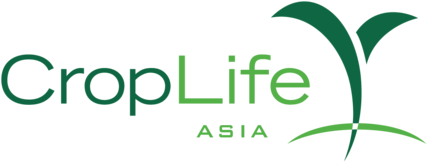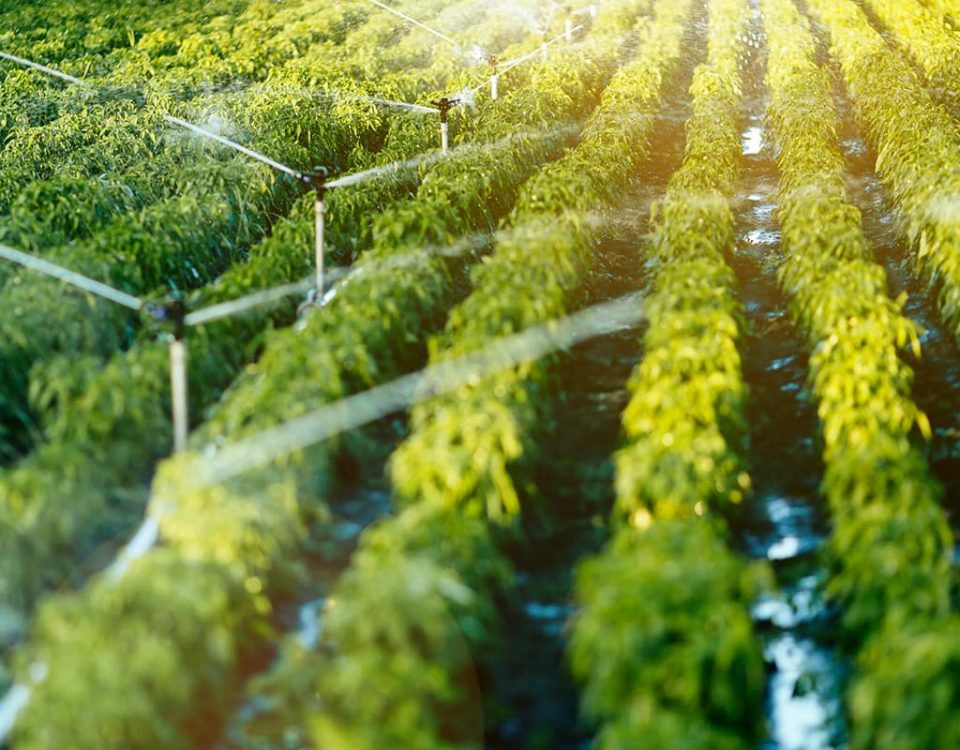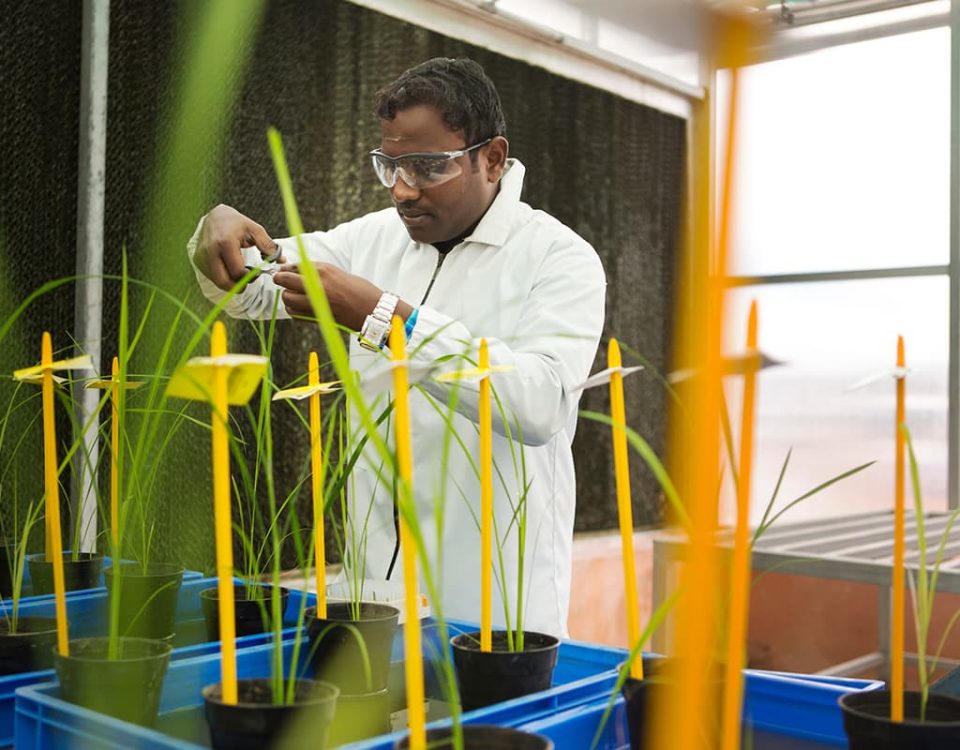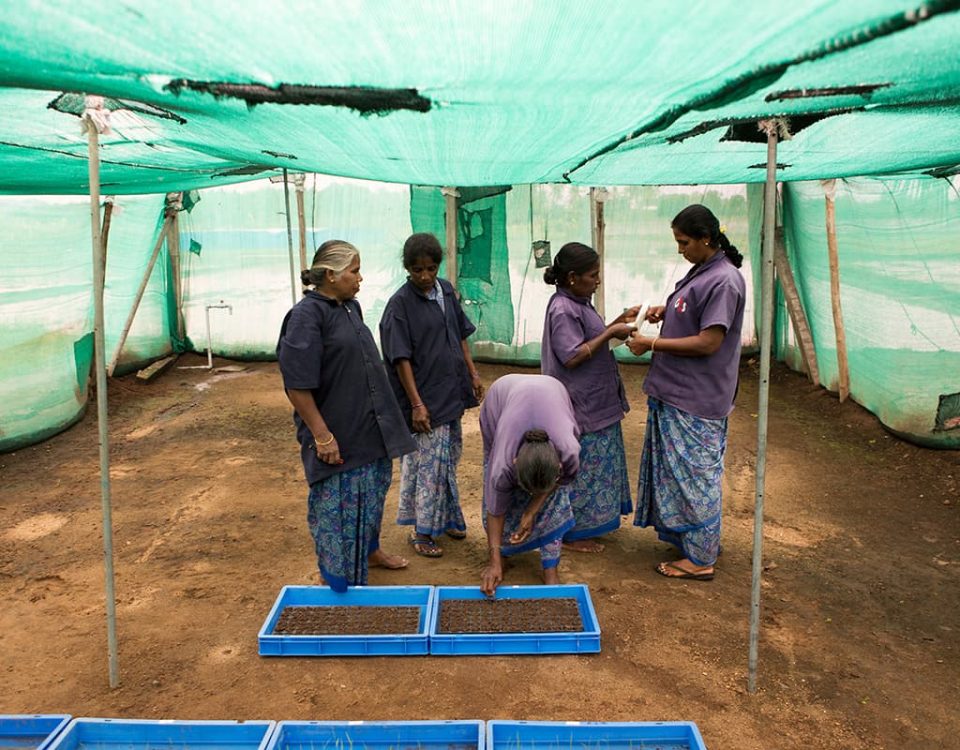Regulatory Affairs
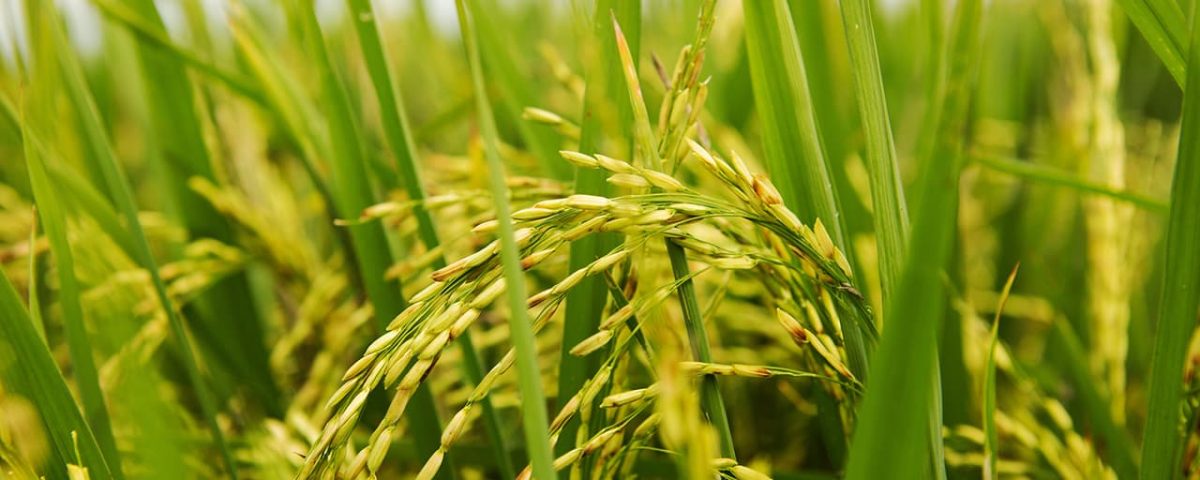
C ropLife Asia supports an innovation-friendly regulatory environment that promotes both environmental protection and human safety. The organization believes that sound regulation will provide an avenue for farmers to access key plant science technologies and encourage sustainability practices in agricultural communities. The regulatory affairs within CropLife Asia cover both Crop Protection Regulation and Plant Biotechnology Regulation.
Crop Protection Regulation
Regulation should meet the needs of society by providing controlled access to key plant science technologies. It provides the opportunity to encourage innovation and enterprise while setting the standards for safety and sustainability. These standards should be established through pesticide regulation which:
- Ensures there are no unacceptable risks to human health and the environment from the intended use(s) under practical conditions;
- Fosters responsible use and compliance throughout the food production chain;
- Promotes investment in new solutions for agriculture and plant science;
- Facilitates timely access to the technology.
What is regulation of pesticides?
A comprehensive regulatory framework closely examines all phases of the pesticide product life-cycle. Safety is carefully considered at all stages of research and development and by regulatory bodies assessing the product in order to make a decision regarding what use(s) can be permitted. The decision should be supported by the appropriate checks to ensure quality control based on the standards for registration data and manufacture.
The regulatory framework also covers proper handling, transport, and precautions during use, including labeling and the setting of allowable residue levels in food known as Maximum Residue Limits (MRLs).
The regulatory framework must be grounded in science and use an evidence-based approach to understand the results of using a product, i.e., it characterizes the product and its proposed uses and arrives at decisions based on full information and evidence. This will ensure that the safe use of pesticides can contribute towards sustainable food production through appropriate understanding and management of any risks.
Plant Biotechnology Regulation
Likewise, the biotech sector is one of the most carefully regulated industries in the world. Biotech products must meet an exhaustive series of regulatory requirements to ensure environmental and human safety before they are released to the market. To ensure the responsible and sustainable use of biotechnology, CropLife Asia continues to support a global, innovation-friendly regulatory environment–one that is predictable, transparent, and guided by good science. Science-based regulation is the most effective way to ensure farmers have the choice of the best available technologies to help them meet their own agricultural needs in a sustainable way.
CropLife Asia works with various institutions and governments to ensure the introduction of transparent, workable standards based on sound science and risk assessments that are harmonized where possible. Unfortunately, the regulation of plant biotechnology is currently far from harmonized. Different regions have different approaches and do not recognize the validity of other countries’ approvals. Such differences do nothing to protect consumers or the environment, but instead create unnecessary barriers to innovation and trade.
